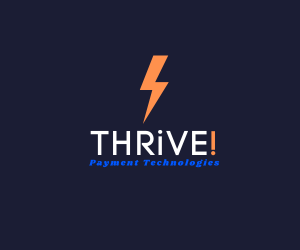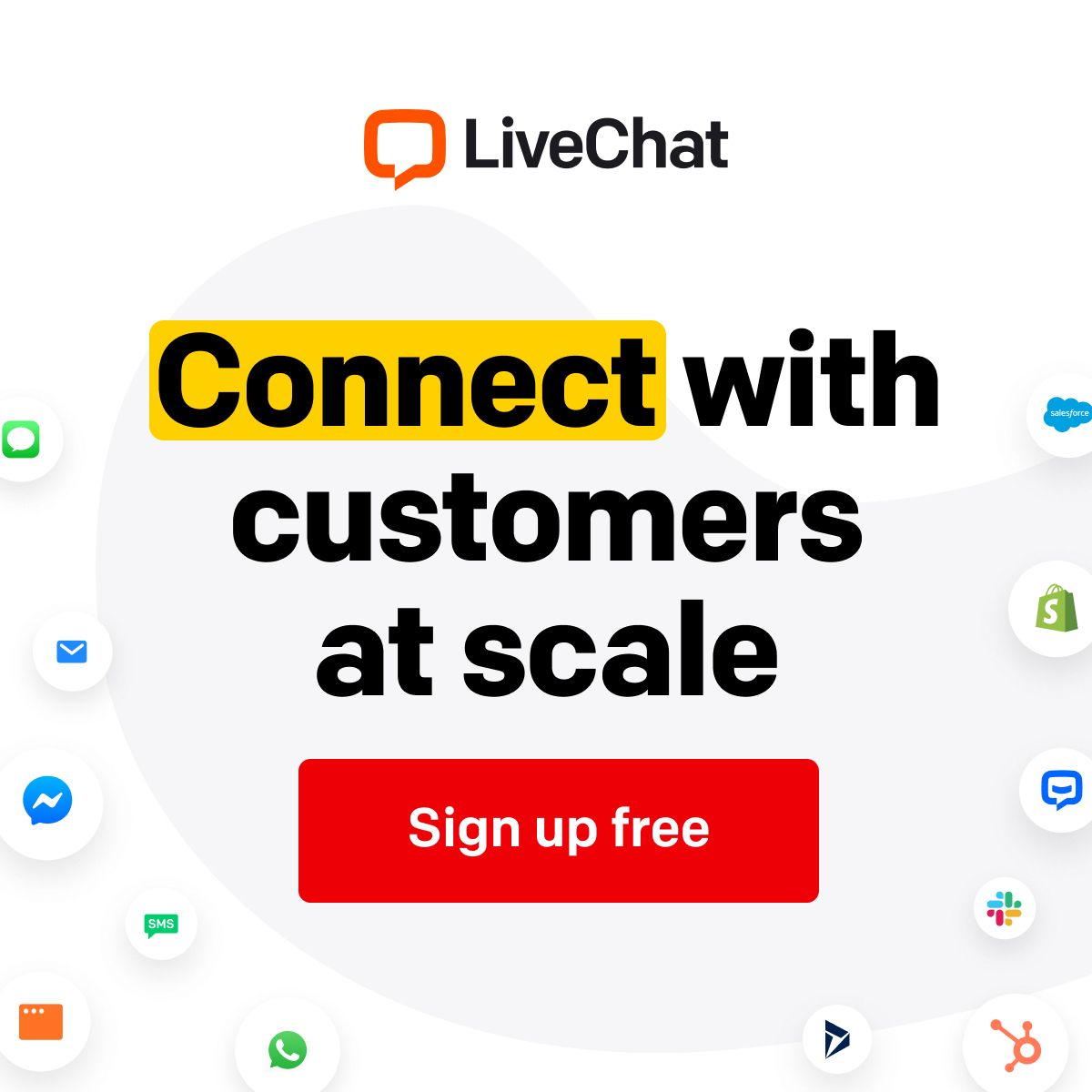9 ways to maximize your website's effectiveness
Making the most of your investment in digital marketing
User-friendly: You want a clean, crisp, easy-to-navigate website. Measure your page speed and track Links should be clear and navigation simple. Images optimized for online. Make it easy on your customer and track how people engage with your site through analytics. Make absolutely sure your website operates well on mobile devices.
Resource: Google Page Speed Test
Clear messaging: Be clear with what you offer and how people can work with you. Your one-liner across the banner of your website should tell people exactly what you do in 10 words or less. What problem are you solving? Think customer first. People are searching for solutions to their problems. We recommend branding services to make your brand voice, imagery, logo, and tagline clear with professionally written copy.
Call to Action: Every website needs a strong call to action: What do you want website visitors to do? Call you? Join a webinar? Download? Sign up? Buy now? Make it clear and easy for your client to take the desired action. This could be a call to action button in the top right corner or a buy now button under your product. It could be a call button for mobile device users. Whatever the case, make it easy and make it obvious what you want your clients to do.
Content:
- Photography
- Copy
- Video
Connect high-quality content to a great landing page and opt-in to build your audience and sell your product or service.
Traffic: Finding and engaging your ideal audience
- Search (bidding for keywords connected to your business)
- Display Ads (graphic ads on other sites)
- Social (determining what network connect with your target market)
- Email (Owning your own audience)
- Radio / Online & Traditional
- TV / Online & Traditional
- Networking
- Direct mail
- Magazine ads
- Directories
SEO: Once you build your website you need a strategy to get people back to your website. That’s where SEO & paid ads comes in.
SEO or search engine optimization is the ongoing process of improving your website in search engine results. There are a number of ways to improve your search results. These are SEO tactics. Tactics can include blogging, alt-tags, meta descriptions, keyword density, keyword strategy, inbound and external linking, and page authority. SEO is very industry and website specific so determining the best strategy for your business is a custom solution that should be built out over a period of at least 12 months to see optimal results. SEO, done right, does work and can be a major factor in getting qualified traffic to your website.
- Keyword research
- Header and page tags
- Image tags
- Social channels and links
- Inbound and outbound links
- Google search console
- Schema markup
- Reviews
- Blog / Authority
Email: Unlike all other forms of advertising where you are technically borrowing someone else's audience, with email marketing you are marketing to your audience. That's why it's so important to build your audience and invest in the email marketing process because once you do, you have a list that you can bring new offerings and products to and build a long-term relationship with.
Recommend regular emails with an automation series for new subscribers.
Analytics: Google Analytics is essential to understand what your website visitors and customers do when they visit your site. You need this information to optimize your website and improve your marketing campaigns. It will inform your campaign design, help you test different landing pages, and improve your website user experience.
Compliance: Americans with Disabilities Act (ADA): If your website does not cater to this population, you could be missing out on business opportunities. In addition, website accessibility lawsuits are up, with over 4,000 lawsuits filed in 2022 alone!
The California Consumer Privacy Act (CCPA): requires any business in California or that does business with California residents to disclose privacy information to residents on their website and/or mobile website or app. If your website uses cookies, you need to disclose it.
















